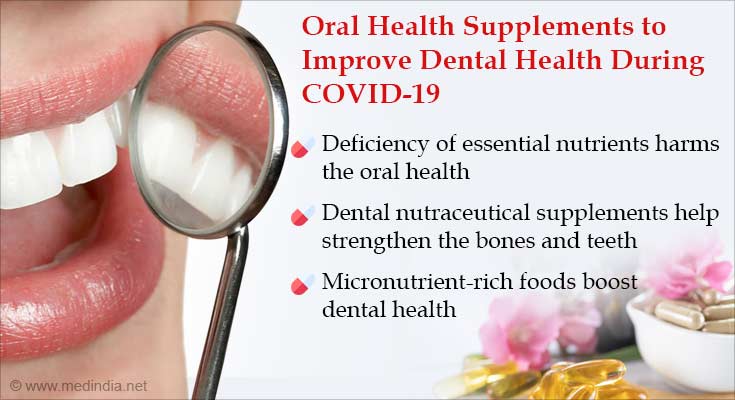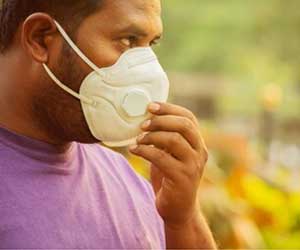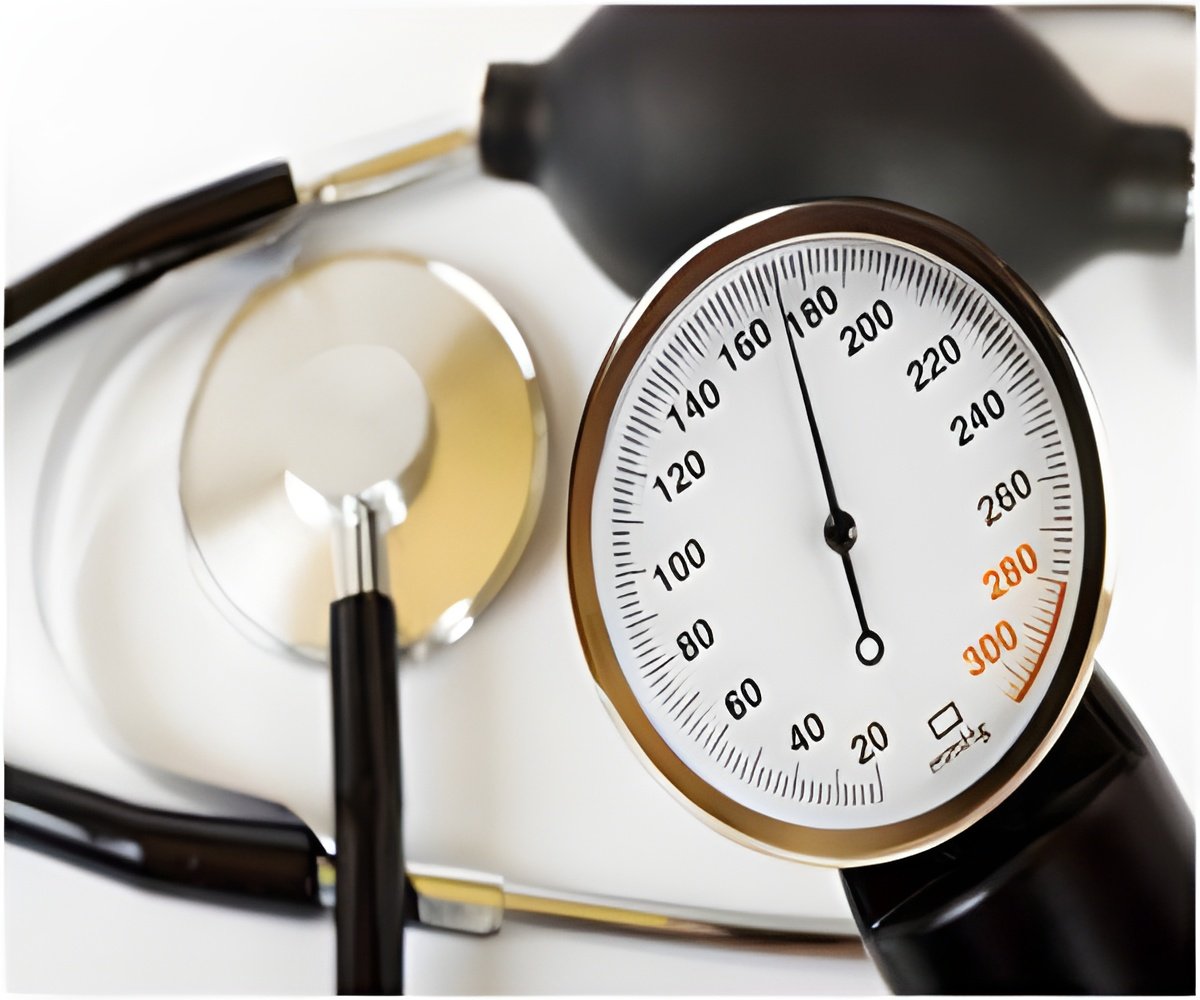describes the effects of incorporating the nutraceutical Periotherapy by Pharmaden Nutraceuticals in 63 patients with 4- to 7-mm pockets after 60 days resulted in reduced average pocket depth by 1.37 mm; the
indices were also significantly proving that Periotherapy nutraceutical offers patients a non-invasive, systemic adjunct to treatment without changing their home care routines.
The root cause of gum disease lies in poor nutritional support due to an overall weakened immune system. Hence, there is a greater need to meet the nutritional requirement of the oral cavity when recovering from dental treatment.
Now tested dentists and hygienists are recommending dental nutraceutical for patients to take during these periods to maintain good oral health.
Before nutraceuticals, the only systemic care a patient would receive would be antibiotics targeting the release of the enzyme collagenase but the scope of antibiotics is less as usage of antibiotics damages the immune system and nutraceuticals inhibit the release of multiple enzymes, including collagenase that effectively prevents further plaque build-up, strengthens the immune system of the host and enhances soft tissue healing.
Top Micronutrient-Rich Foods to Boost Dental Health
- Calcium – leafy greens, almonds, sardines, oysters, and most dairy products like milk and yogurt.
- Magnesium – dried beans and legumes (such as soybeans, baked beans, lentils, and peanuts) and nuts (such as almonds and cashews).
- Potassium – healthy potassium sources include bananas, avocados, leafy greens, milk, and cheese.
- Resveratrol – known for its anti-inflammatory and antioxidant effects, resveratrol-rich foods include red grapes, peanuts blueberries, cranberries.
- Vitamin C (ascorbic acid) – more common sources of Vitamin C include citrus fruits like lemons and limes, peppers, oranges, kale, berries, and sweet potatoes.
- Vitamin D – best sources of Vitamin D include natural sunlight and enriched dairy products like milk and yogurt. Even sitting in the sun for 15 minutes a day is enough to soak up an adequate amount of Vitamin D.
- Vitamin E (alpha-tocopherol) – most common sources to obtain Vitamin E include wheat germ, vegetable oil, seeds and nuts, fish, and avocados.
- Vitamin K2 (MK7) – found in dairy, fermented foods, and animal products.
- Iron – best source of iron is in red meats, but you can also obtain it through bread, cereals, and eggs.
- Vitamin A – most common food sources that contain Vitamin A include sweet potatoes, yams, peppers, kale, egg yolks, and fish.
- B Vitamins – some of the most common food sources for niacin and riboflavin include almonds, spinach, legumes, red meats, and dairy products.
More awareness of online nutraceuticals due to the COVID-19 pandemic makes healthcare professionals incorporate them for more preventive home care to maintain good oral and overall health with a strong immune system.
Still, we must always consult the physician before taking an antibiotic or a supplement, as nutraceuticals are not intended to diagnose, treat, cure, or prevent disease.
References:
- Oral Health and COVID-19: Increasing the Need for Prevention and Access – (https://www.cdc.gov/pcd/issues/2020/20_0266.htm)
- Oral health: A window to your overall health – (https://www.mayoclinic.org/healthy-lifestyle/adult-health/in-depth/dental/art-20047475)
- Public Oral Health Care During COVID-19: Time for Reflection and Action – (https://www.frontiersin.org/articles/10.3389/fmed.2021.610450/full)
Source: Medindia



